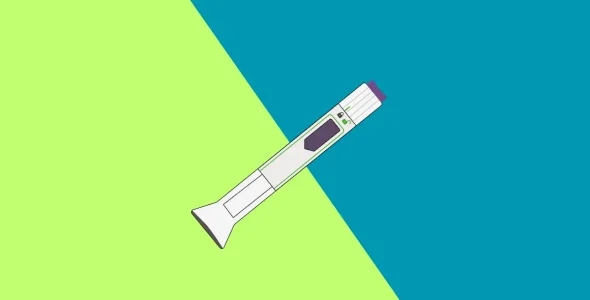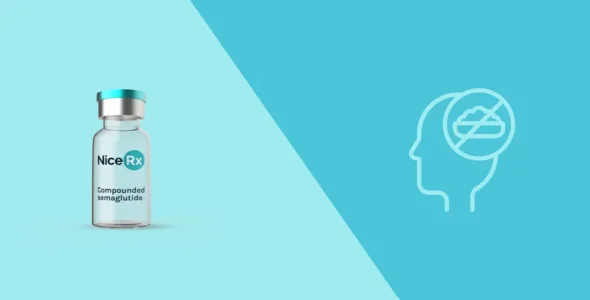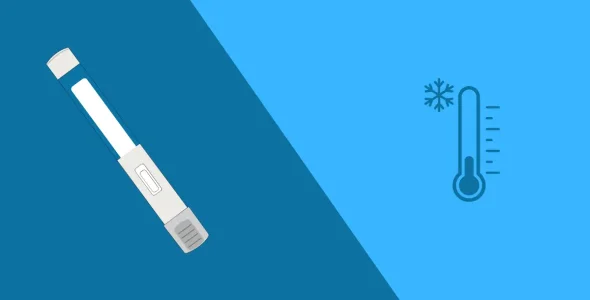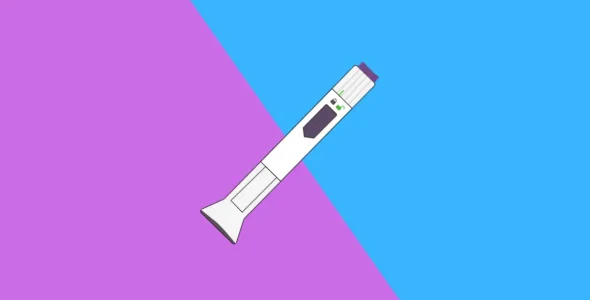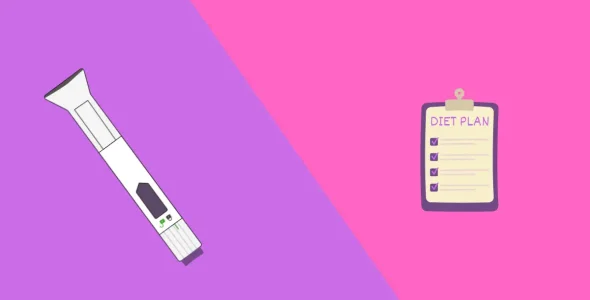Featured
How does Zepbound work for weight loss? Ultimate Guide
Zepbound is a new once-weekly injectable medication for chronic weight management and obstructive sleep apnea....
How much is Ozempic without insurance? The Ultimate Guide
Ozempic (semaglutide) injection is a glucagon-like peptide-1 (GLP-1) receptor agonist used to lower blood suga...
How long does it take for semaglutide to suppress appetite?
Have you started semaglutide and are wondering when your hunger cravings will go away? While it can vary by pe...
How can I get Ozempic for free or for less?
Ozempic (semaglutide) is an expensive medication for those without prescription insurance coverage. Wondering ...
Can you inject Wegovy cold? What you need to know
Wegovy (semaglutide) is an manufacturer’s recommendations and prescribing information, it’s safe to us...
Wegovy and alcohol: Understanding the interactions and potential risks
Wegovy (semaglutide), manufactured by Novo Nordisk, can help people lose weight and keep it off when paired wi...
What is Mounjaro? The ultimate guide to this dual-action diabetes medication
According to the CDC (Centers for Disease Control and Prevention), over FDA-approved for improving blood sugar...
Free Mounjaro diet plan PDF: What to eat and avoid for best results
Mounjaro (tirzepatide) is a novel medication that works by activating both glucagon-like peptide-1 (GLP-1) and...
Money-Making States
It goes without saying how vital the healthcare industry is to the U.S. Despite how easy it is to buy affordab...
State of Emergency
Which US States have the Highest Number of Emergency Room Visits? It has been reported that over 130 million A...
US Fertility Report
Which states have caught ‘baby fever’? As the cost of living continues to rise, it is more important than ...
Medical Malpractice Uncovered
Which states have filed the most medical malpractice suits and what are the total costs? Being involved in a s...






